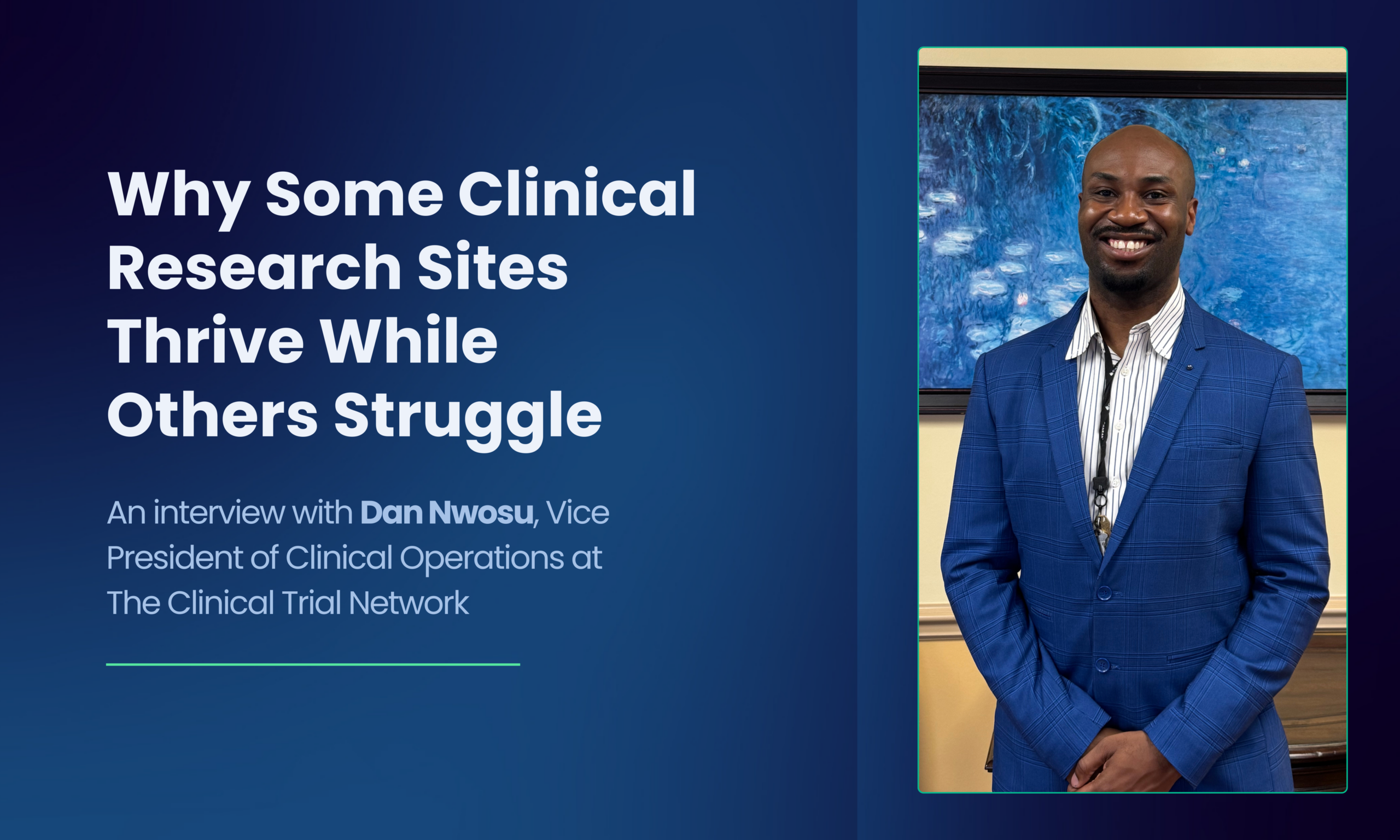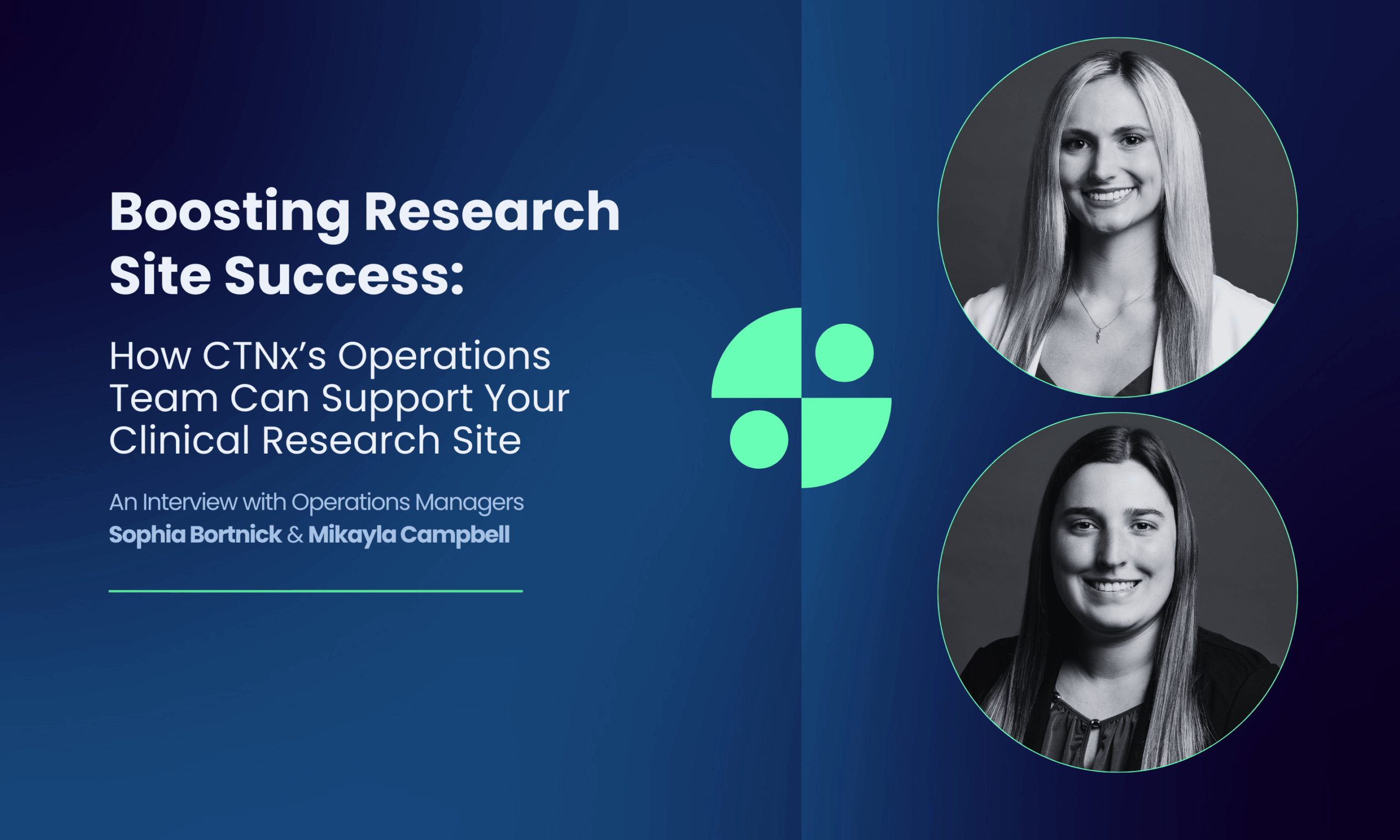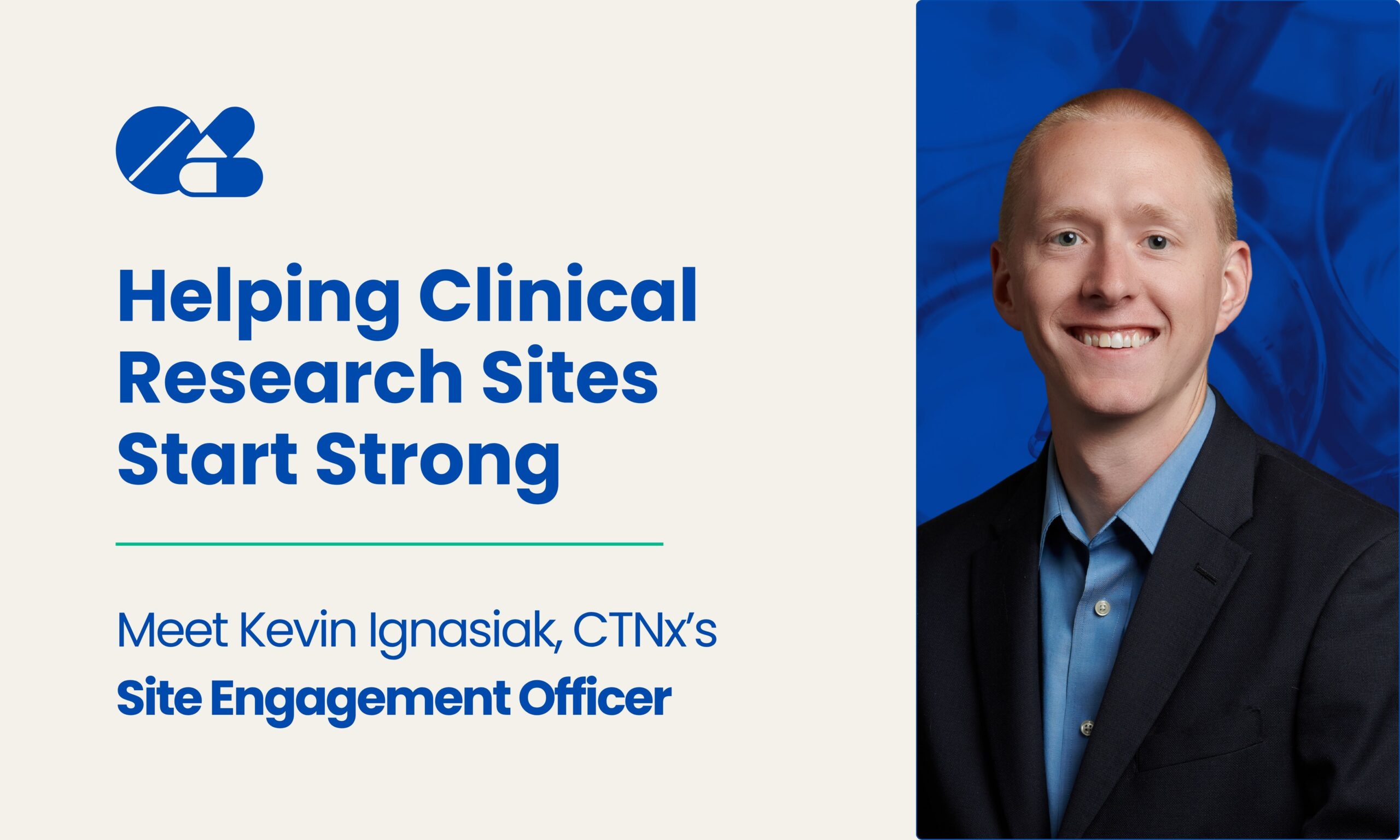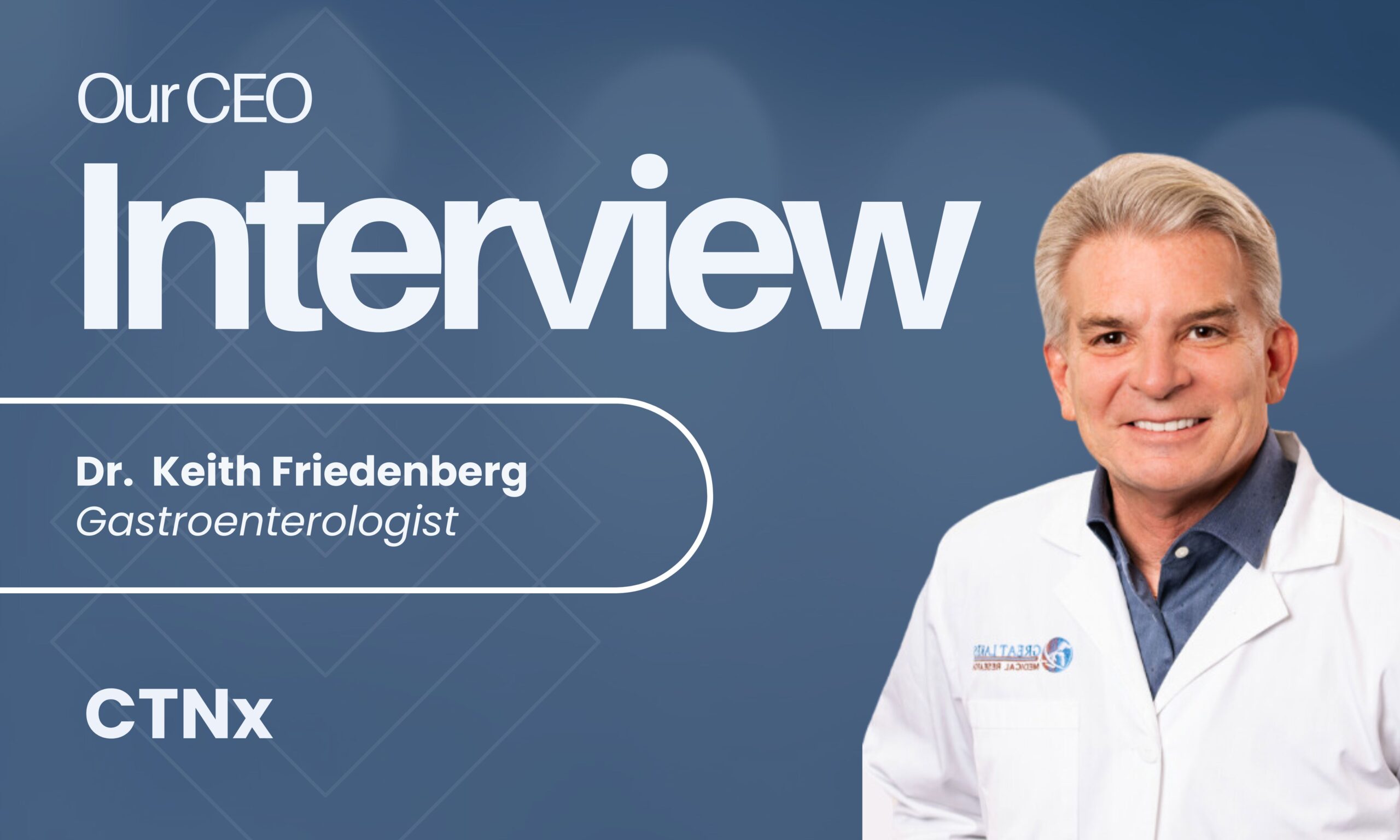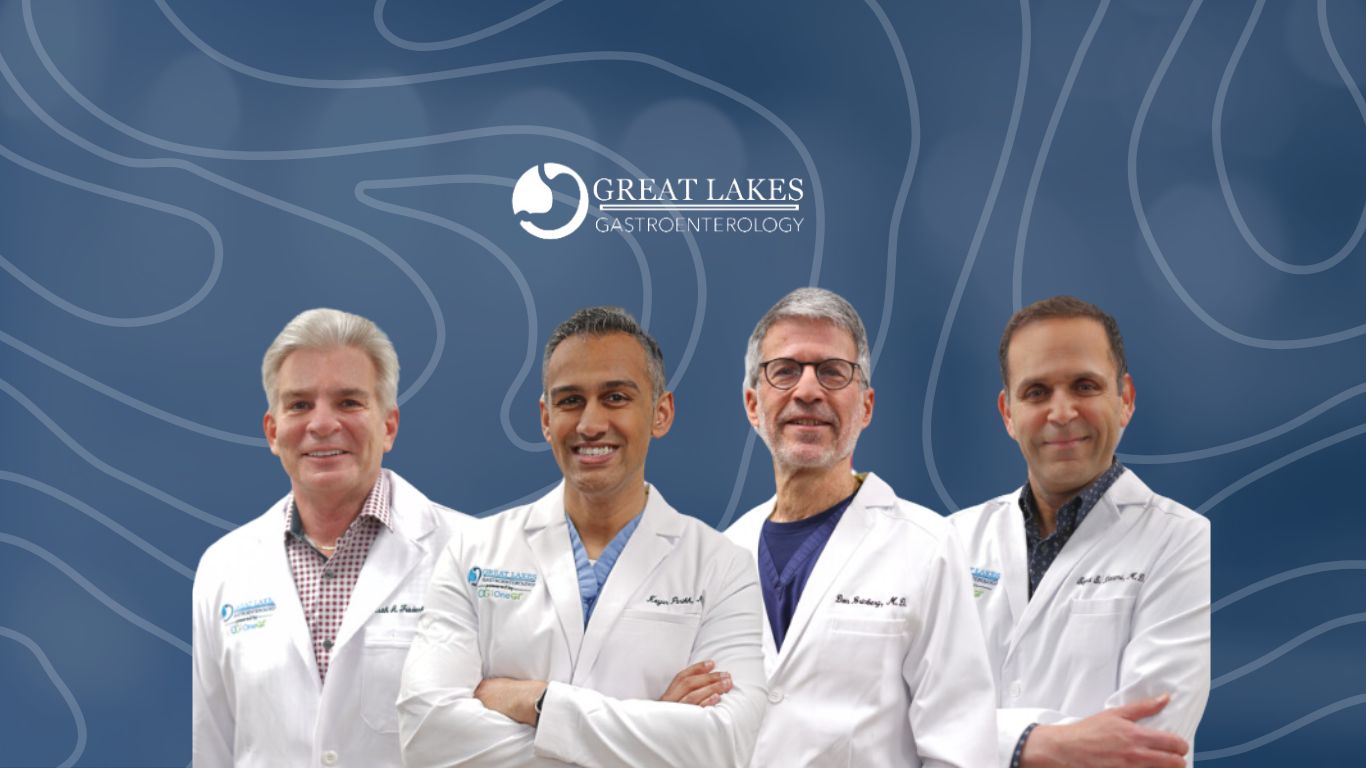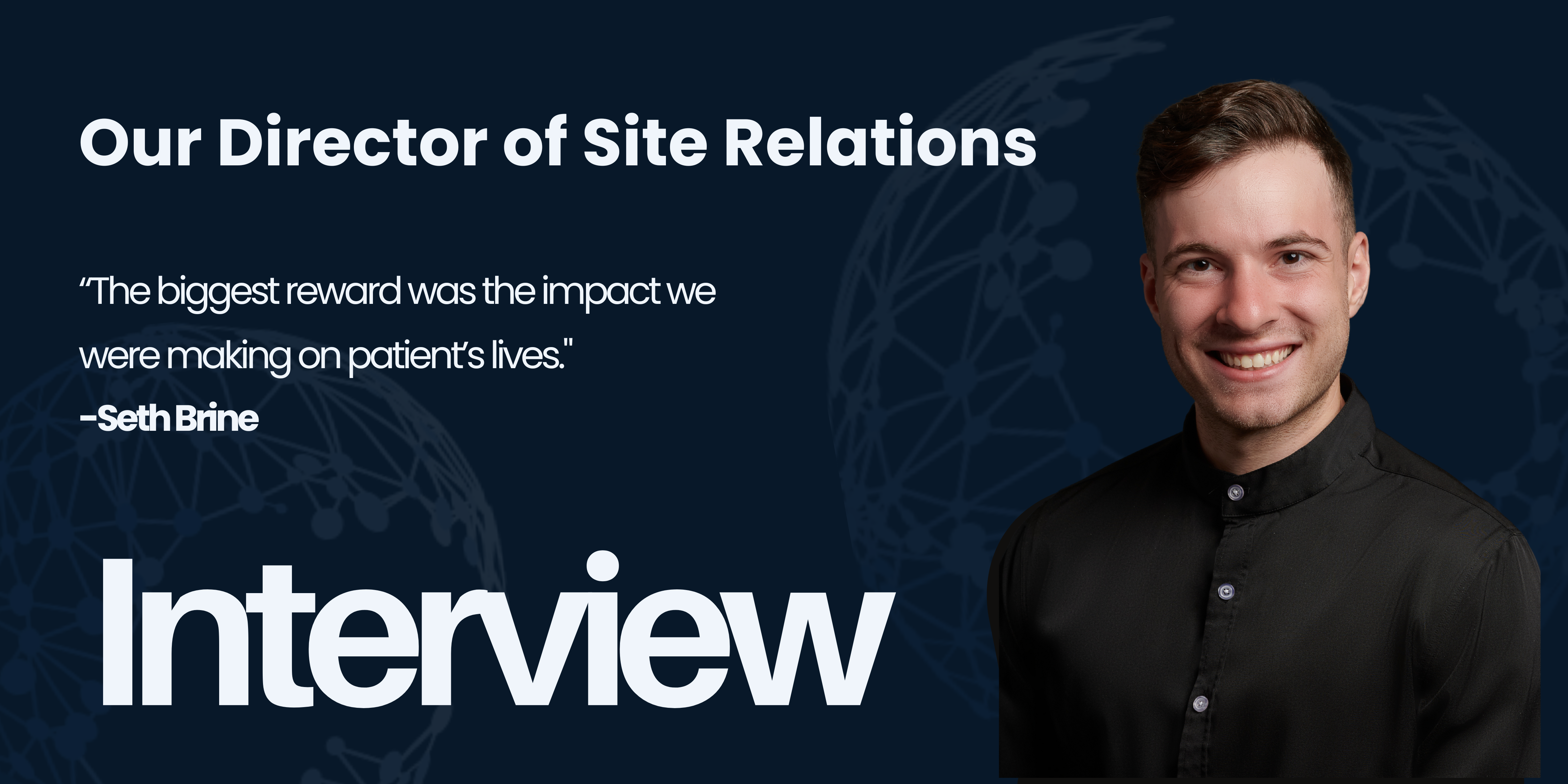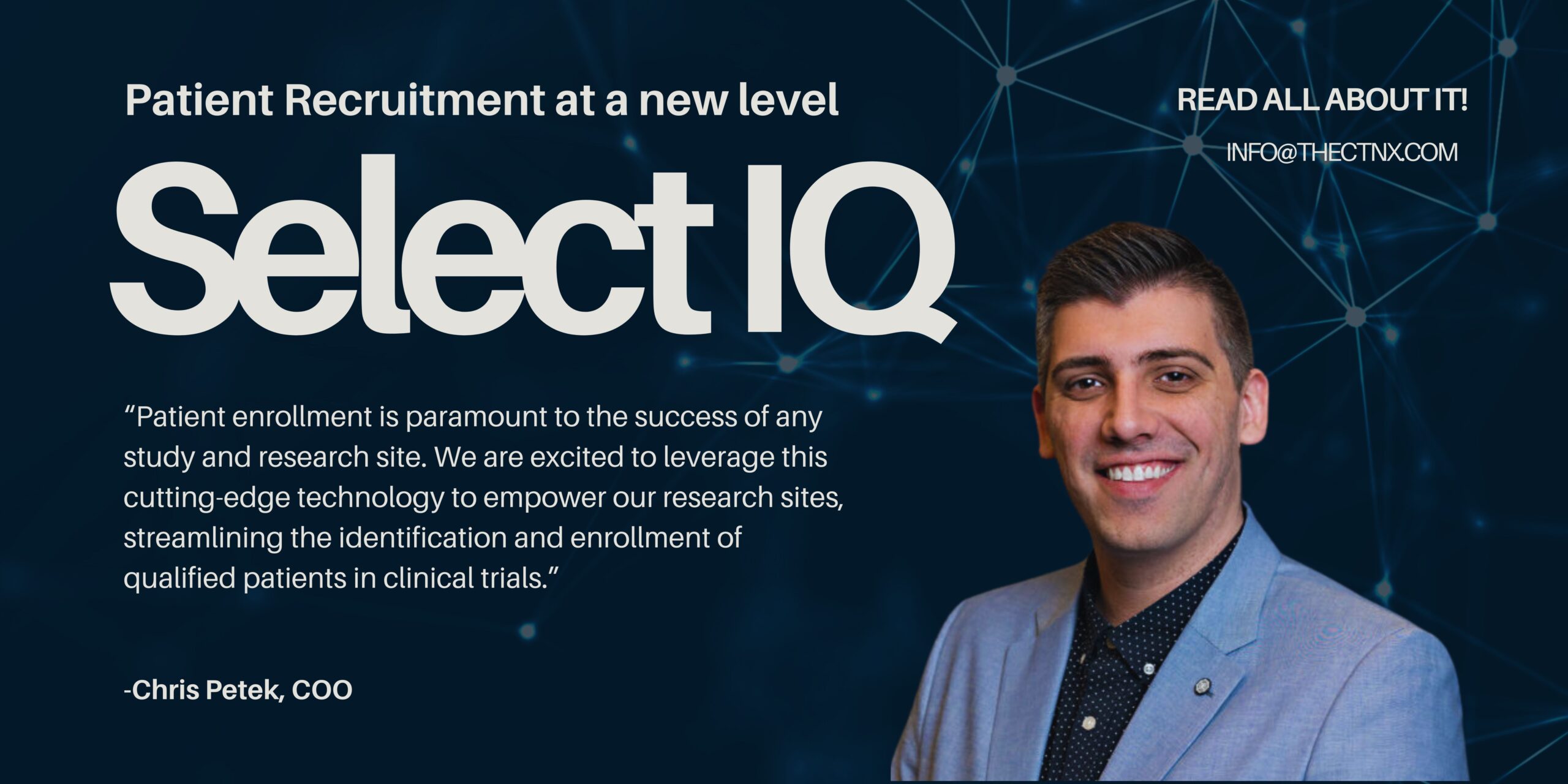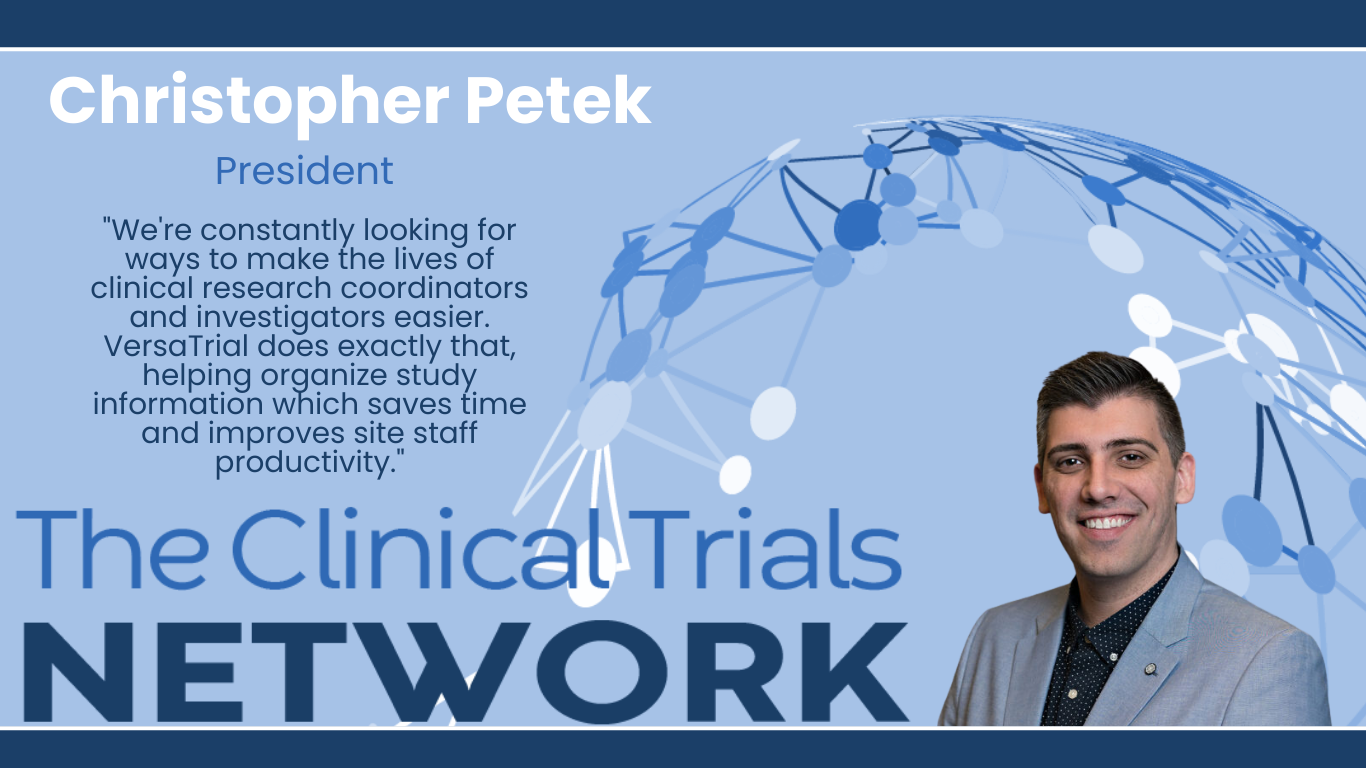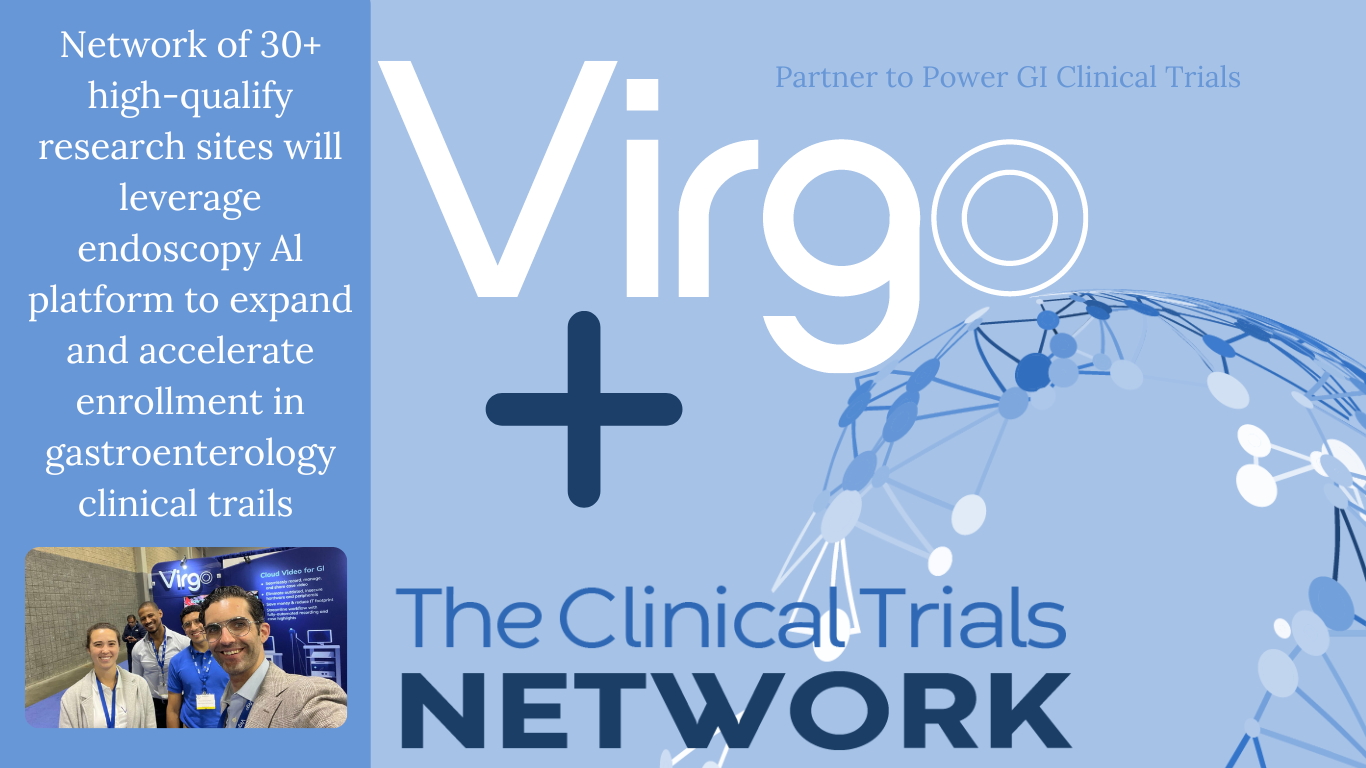Clinical research sites don’t succeed by accident. Some thrive, consistently enrolling patients and delivering high-quality results, while others struggle to get studies off the ground. In this conversation, Dan Nwosu, Vice President of Clinical Operations at The Clinical Trial Network, shares his rare perspective from working on the ground at research sites, supporting studies from the CRO side, and now overseeing operations across the network.
Dan dives into what makes a great Principal Investigator, why strong teams and operational processes are critical, and how patient-centered execution drives long-term site success. Whether you’re a new investigator, site coordinator, or research professional, these insights reveal what truly separates high-performing clinical research sites from the rest.
How did you get started in clinical research?
Both of my parents were actively involved on the investigatory side of research, so clinical research was something I was exposed to early on. Seeing firsthand how studies connected science to real people sparked my interest long before I ever thought about it as a career.
My path into clinical research started early and very hands-on. I earned dual degrees in biology and chemistry, and while I was still in school I was introduced to research through academic labs, first working on early childhood language acquisition and later in Alzheimer’s research. Those experiences shaped how I think about research to this day. They taught me the importance of discipline, structure, and scientific curiosity, but also how much consistency and rigor matter if you want a program to actually work.
Over time, my career expanded across almost every part of the clinical research ecosystem. I’ve worked directly at research sites, supported studies from the CRO side, and now oversee operations at the network level. Seeing the process from all of those perspectives has been invaluable. It’s allowed me to understand what truly separates successful sites from those that struggle, not just in theory, but in practice. Strong sites aren’t defined by one role or one process; they’re built by aligning science, operations, and patient-centered execution in a way that’s sustainable over time.
Throughout your career, what reinforced your decision to continue going deeper into the world of clinical research?
One of the most defining moments for me was my time at MetroHealth, working on spinal cord injury studies. That experience completely changed how I viewed the purpose of clinical research. When people hear “spinal cord injury,” they often assume success means walking again, but that’s not what most patients were focused on.
What mattered to them was independence. Being able to use their hands, return to work, take care of themselves, and re-engage in everyday life. Seeing that up close made the impact of research very real. Even small gains in motor or sensory function had a meaningful effect on how someone lived day to day.
That’s what kept pulling me deeper into research. It wasn’t about chasing abstract outcomes or distant breakthroughs. It was about helping people get pieces of their normal lives back. Research creates access, options, and hope, even when progress is incremental. Being part of that process — and building systems that make it work consistently for patients — reinforced that this is where I could make the biggest impact.
You have a very unique perspective having spent years on the site level executing studies and then also having worked for a Contract Research Organization (CRO) like IQVIA. What did that experience teach you?
Honestly, my time at IQVIA really shifted the way I think about research. When you’re at a site, you’re focused on the day-to-day — patient visits, making sure everything’s ready, that all the consents are in place. That’s important, but it’s a very narrow view. Moving into the CRO world, I had to start thinking about the bigger picture — how do we make this study succeed across multiple sites? What are the barriers keeping enrollment from happening? Are the PIs fully supported? Do their teams have the right tools, the right training?
It really made me see the difference between doing research and enabling research to succeed. Even though I wasn’t in the room with patients every day anymore, everything I was doing was still centered on them. Strong operational processes, proactive support, clear communication — all of that ultimately makes it easier for sites to recruit, retain, and care for patients. Seeing research from both sides — boots on the ground and systems-level operations — gave me a perspective that not many people get, and it really reinforced for me what separates high-performing sites from ones that struggle.
What separates high-performing sites from ones that struggle?
Honestly, it comes down to the team more than anything else. I think a lot of people focus on the PI, but the truth is a great Principal Investigator is only as strong as the staff supporting them. The most successful sites I’ve seen have incredible coordinators, nurses, and research staff who really understand the mission and keep everything moving.
PIs already have so much on their plate — clinical responsibilities, patient care, administrative tasks. Having a team that can take a project and run with it, keep the PI accountable, and make sure all the details are in order is what separates a high-performing site from one that struggles. It’s like a film set — you can have a director with a great vision, but if your crew isn’t solid, the whole project can fall apart.
Beyond staffing, it’s also about processes. High-performing sites know how to manage workflow, handle regulatory requirements, keep communication clear, and anticipate barriers before they become problems. They’re proactive, not reactive. And most importantly, everything they do is patient-centered — whether it’s recruitment, retention, or day-to-day study execution, the patient experience drives how the site operates.
At the end of the day, strong people plus strong processes equals strong sites. If either piece is missing, you’re going to struggle. It’s that simple, and it’s why investing in your team and your operations is non-negotiable if you want sustainable success.
What advice do you have for physicians who are new to clinical research?
If you’re a physician who’s new to research, the biggest thing I’d say is: know what you don’t know. You’ve got to be willing to lean on the people around you — your site staff, your research coordinators, and teams like ours at CTNx who are here to support you every step of the way. Strong leadership isn’t about knowing everything; it starts with good followership. You learn by watching, asking questions, and trusting the expertise of the people who’ve been there before you.
Don’t be afraid to make mistakes, either. Clinical research is a learning environment, and it’s supposed to be. The more questions you ask, the more you engage, and the more open you are to feedback, the stronger your site and your program will become. It’s all about building the right team, learning together, and keeping patient care at the center of everything you do.
Can you share a little bit about how your operations teams at CTNx support sites that join the network?
At CTNx, our operations model is really built around supporting sites at every stage, from day one through full study execution. We’ve structured our teams so that no site feels like they’re figuring it out alone.
Our Research Integrity team, led by Whitney Heath, makes sure sites stay on top of regulatory compliance, audit readiness, and proper study conduct. They’re the go-to resource for questions on submissions, monitoring, or just making sure everything is being done correctly. We’re proud of our Compliance team, whose meticulous approach ensures every “i” is dotted and every “t” is crossed—resulting in zero non-compliance letters across our 85+ sites.
Then there’s Data Operations, led by Seth Brine. Their focus is on data quality and accuracy before anything even reaches the EDC. They clean the data, review entries, and help sites avoid common pitfalls. That proactive approach reduces errors down the line and makes reporting and analysis smoother.
Finally, our Site Engagement team, led by Kevin Ignasiak, is the first point of contact for new sites. They guide sites through onboarding, make sure staffing is in place, confirm documentation is complete, and help set operational workflows. Essentially, they make sure a site is ready to hit the ground running before studies even start.
When all three teams are working together, sites get more than support — they get a framework that helps them run efficiently, focus on patients, and ultimately succeed. That’s really what separates high-performing sites from the rest: people who are prepared, supported, and aligned around the same goals.
Together, these teams remove friction, reduce risk, and help sites focus on what matters most: enrolling and caring for patients.
What makes CTNx different, and what’s your parting message for sites considering joining the network?
Honestly, what sets CTNx apart is that we treat every site like a partner, not just a location on a list. We’re not here to just hand you a protocol and walk away. We’re in it with you — helping you build the systems, staff, and processes that actually make your studies succeed. That partnership is what drives strong site performance and ultimately better outcomes for patients.
My message to any site thinking about joining CTNx is simple: be ready to engage, and you’ll get just as much back. Research isn’t just about funding or getting a study done — it’s about learning, growing, and making a real impact for patients. If you’re willing to invest in the process, ask questions, and work with a team that’s here to support you every step of the way, you’ll see results. Sites that succeed aren’t perfect from day one — they succeed because they have the right people, the right support, and the right systems in place. That’s what makes sites high-performing, and that’s exactly what we aim to deliver at CTNx.
